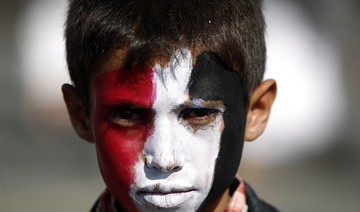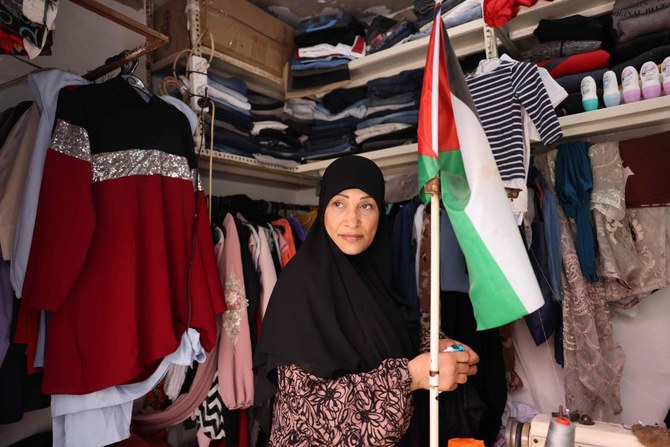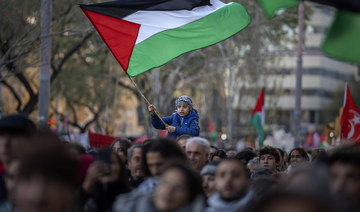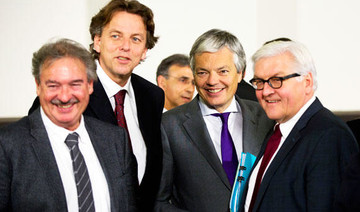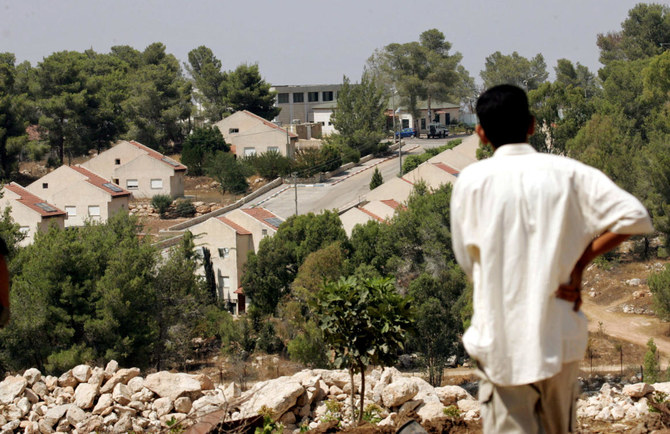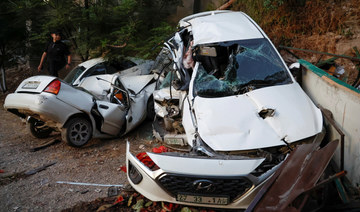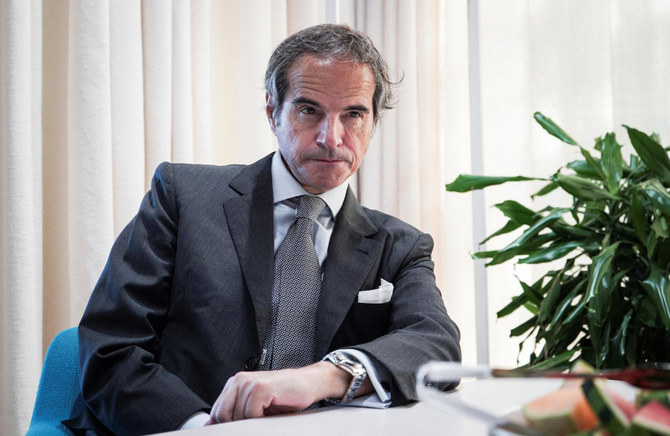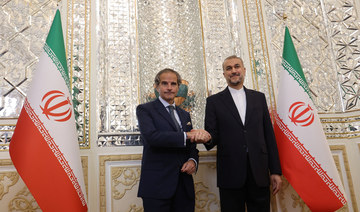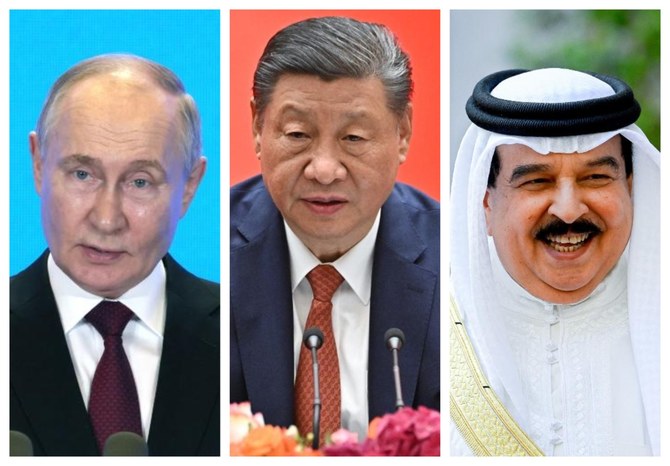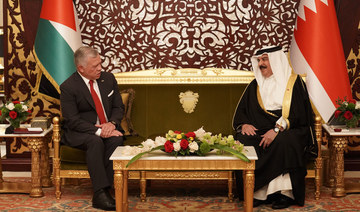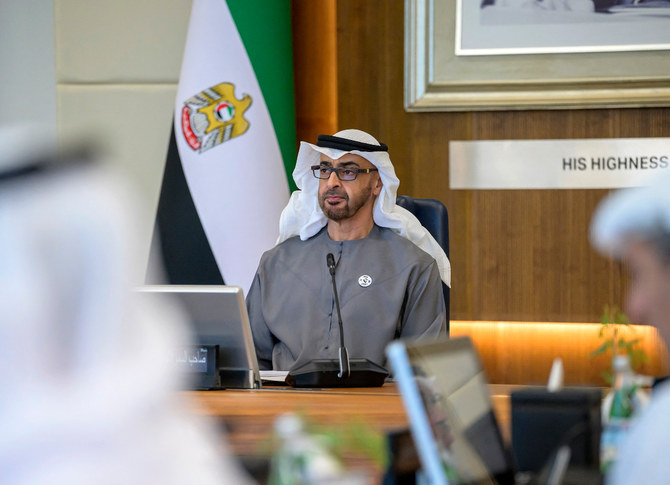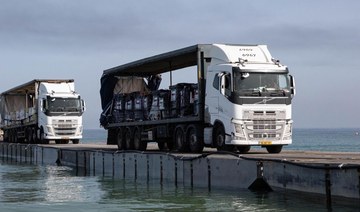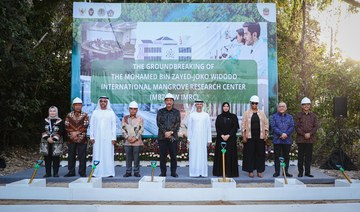ADEN: Yemen’s central bank, based in territory controlled by its exiled government, nearly doubled its interest rate on Wednesday in an effort to stabilise the riyal after violent demonstrations against a plunging currency.
State news agency Saba said the rate on certificates of deposit had been hiked to 27 percent. An official at the bank said the previous rate had been 15 percent for the past four years.
Yemen’s currency has halved in value against the US dollar since the start of a civil war in 2014, when the capital was captured by the Iran-aligned Houthi movement and the government fled.
Most Yemenis now live in Houthi-controlled territory, while the government of exiled President Abd-Rabbu Mansour al-Hadi controls the south, backed by a Saudi-led coalition of Arab troops.
Saba said the central bank also raised the interest rate on government bonds to 17 percent. It did not say what the previous rate was.
The effect of the rate decision is difficult to forecast in the Arabian peninsula’s poorest country, where inflation has hit record highs and many traders prefer a safer Saudi riyal.
The United Nations says more than 8 millions Yemenis are at risk of famine, requiring the world’s most urgent relief effort.
The plunge in the currency and soaring inflation sparked violent demonstrations in the government-held south earlier this month.
The banking system still functions, delivering some government salaries, and is used for transfers of funds from Yemenis living abroad.
Wednesday’s statement said the bank will tighten foreign exchange rules and Yemenis will not be allowed to take more than 10,000 US dollars out of the country without approval from the central bank.
“The central bank also reiterates its commitment to help commercial banks by transferring hard currencies to their foreign accounts,” the statement added.
Last year, the government floated the riyal, instructing banks to use the market rate for the riyal instead of a fixed rate.
On Wednesday, the currency was changing hands at around 610 riyals to the dollar on the black market in the southern port of Aden, base of Hadi’s exiled government, while the official rate was announced at just 490 riyals, according to traders. Black market rates are similar in Houthi-held territory.
Hadi’s government moved the central bank from the capital Sanaa to Aden in 2016, a move that put the bank in the crossfire of Yemen’s war.




